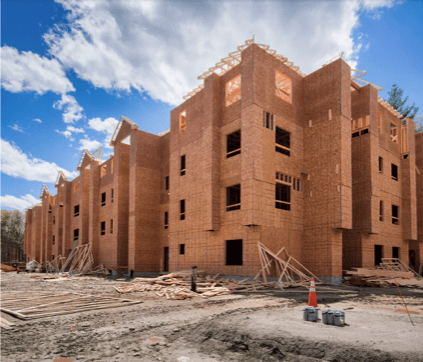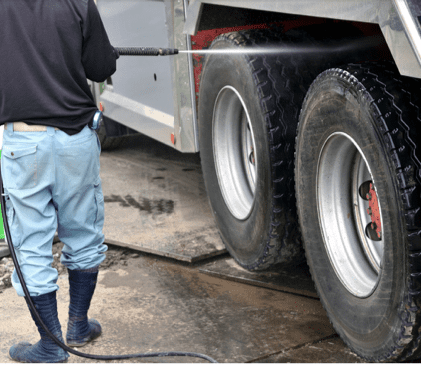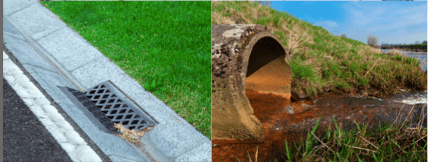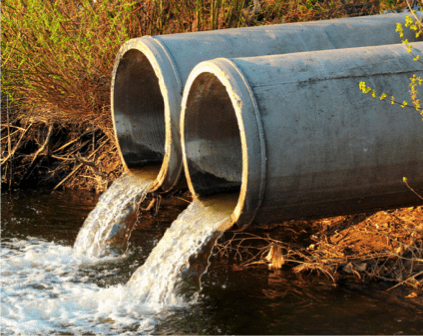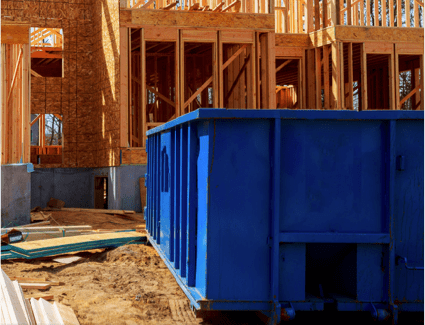Prevent Construction Pollution
Regulatory Environmental Code
The Stormwater and Surface Water Pollution article within the Pinellas County Code is intended to protect the County’s Municipal Separate Storm Sewer System (MS4), which includes right-of-ways, drainage features and receiving waters.
Section 58-246 specifies that construction sites must be contained, to the maximum extent practicable using Best Management Practices (BMPs), to prevent vehicle track out, accidental discharge or runoff of construction materials, including sediment, mud, soil, sand, rubble, concrete or any other building or site materials.
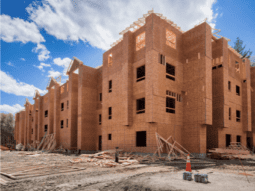
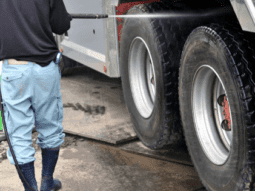
Proper Construction Site Practices
Sediment and other pollutants from construction sites that make it into our waterways can do great harm. That’s why Best Management Practices must be maintained during construction activity. These include silt fencing, turbidity curtains, inlet protection and construction entrances.
- All construction sites must have a qualified inspector responsible for the inspection and notification of BMP maintenance to the responsible contractor. The Florida Department of Environmental Protection offers a training and certification program.
- All BMPs must be inspected at least once a week and after a rain event of a half inch or more.
- Perimeter controls such as silt fencing, turbidity curtains, diversions and construction entrances must be installed before mass grading occurs.
- All construction equipment such as dump trucks, tractors, dozers and concrete trucks must be washed at locations where the runoff will not reach the sewer system.
- Maintenance and repair of construction equipment must be located and designed so that pollutants, (such as oils, fuels, solvents) will not enter the sewer system.
- Soil stock piles must be properly located and appropriate BMPs (silt fencing, stabilization, tarps) must be implemented to prevent off-site sediment impacts.
- Appropriate concrete washout areas must be located on site and properly contained.
- Phase grading and excavation activities must be used to minimize soil disturbance when possible.
- Disturbed soil exposed for seven days or more must be appropriately stabilized.

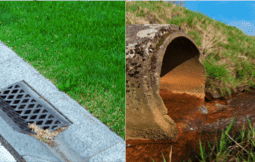
Common Construction Site Violations
Under the Federal Clean Water Act, counties and municipalities are required to reduce the amount of stormwater pollution entering our waterways. Each government agency is issued a stormwater permit, also known as a National Pollutant Discharge Elimination System (NPDES) permit.
Among its functions, the NPDES regulates construction activities that discharge stormwater to the County’s right-of-way (ROW) drainage network and the surface waters of the County’s sewer system.
Common construction site violations include:
- Construction track-out to the County ROW.
- Turbid stormwater discharged to the sewer system.
- Sediment impacts to County stormwater structures.
- Illicit spills, such as petroleum products, to the sewer system.
- Trash and construction debris clogging the sewer system.
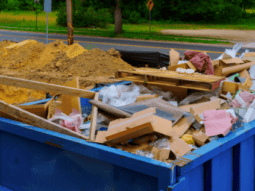
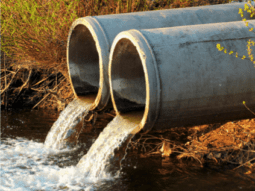
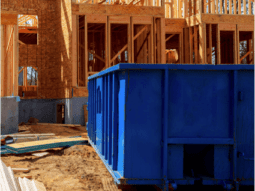
More Information
- For questions about waste disposal, contact Pinellas County Solid Waste at (727) 464-7500.
- For more information on what you can do to keep our waterways clean, or to report pollution, call the Environmental Management Hotline at (727) 464-4425 or email watershed@pinellas.gov.
